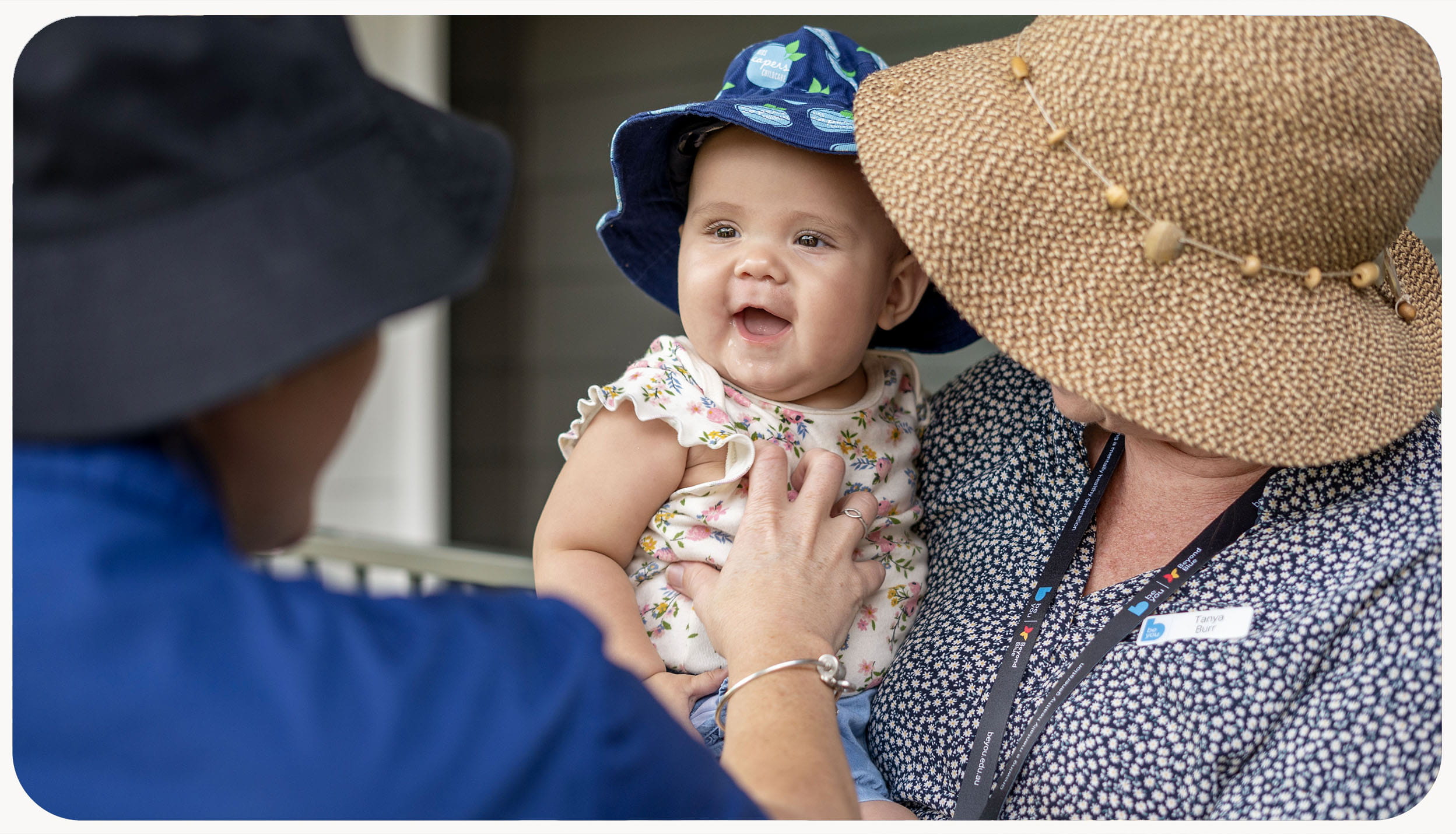The article below is for early learning communities. A coronavirus resource for schools is available here.
Early learning services have some unique challenges as they deal with the coronavirus (COVID-19) outbreak.
To begin with, educators can’t practice social distancing when working with young children. Young children may also seek out educators for additional comfort during this time. They may ask questions about the outbreak or want to share what they understand about the changes happening around them.
What affects young children is how the adults around them feel and respond. This resource provides information to help you look after children’s, and your own, mental health during the outbreak.
Looking after yourself
Focus on your service’s strengths
Be confident in knowing that early learning services already have strengths that will help you get through the outbreak. For example, strong health and safety policies, including hygiene practices.
Be kind
As your learning community works through the challenges, it’s important to be kind, compassionate and patient with each other – skills that you already practise every day as educators.
Get your information from trusted sources
Think about where you get your information, as it can impact on your mental health.
Use trusted sources such as the Australian Government’s Coronavirus (COVID-19) health alert and Health Direct websites, the World Health Organization, and information from peak bodies such as Early Childhood Australia.
Consider limiting your news and social media consumption if it’s impacting on your mental health.
Manage your stress levels
To manage your stress levels, try to maintain your routines, know your limits, debrief with trusted colleagues, family or friends, and find ways to stay engaged and connected during the outbreak.
The Be You website provides information on wellbeing tools and how to practise mindfulness, which can help with stress management.
Supporting children
Maintain regular routines and rituals where possible
Children may experience more disruptions than usual during the outbreak.
Routines and rituals are important to maintain at this time, as the little things (such as singing the same funny song when washing hands or reading a favourite story at rest time) can create an emotional connection and relieve anxiety.
Think about how changes to the set-up of their physical environment may affect children, including those taking a break from the service.
Give children as much notice as possible about changes to routines and environments, and have realistic expectations of them during this time. More information on separation anxiety is on the Be You website.
Help regulate emotions
Keep building strong relationships with children as much as possible during this time, as the complex relationship-based work you do is incredibly important. You are well-placed as an educator to help children navigate and explore their emotions and help them self-regulate. Remind children that while adults might be experiencing heightened emotions, they did not cause these emotions and the adults will be okay.
Use play
Keep being interested and supportive of children’s play – it helps them to feel connected, valued and accepted. Having fun together during play time enables children to experience pleasure and joy. Play also helps children to express and work through their feelings, even before they have the words to say how they feel. More information on why play is important is on the Be You website.
Look for changes in behaviour
Children who may be feeling overwhelmed by stress or anxiety could be tired, withdrawn, irritable, fearful, unmotivated, moody, lose their appetite, need more comfort, have trouble concentrating and feel physically unwell.
Consult with colleagues, leaders and families if you’re unsure whether you’re witnessing a change in behaviour. If you think a child in your care needs extra support, consult with the relevant leader at your early learning service.
Consider using the Be You Mental Health Continuum and BETLS observation tool on the Be You website.
Working with families
Communicate with families
Take a coordinated approach with families to supporting children’s mental health during the outbreak. Share your knowledge, including the information in this resource on how to support children.
The World Health Organization has developed a flyer on Helping children cope with stress during the 2019-nCoV outbreak, while the Raising Children and Emerging Minds websites also have information that could be distributed to families.
As well, the Smiling Mind app has mindfulness activities for families at home.
Stay connected
If families are keeping children at home, think about how they can remain connected to your early learning service for a smoother transition back to the service. For example, ask families to continue sharing news, information and photos from the service with their child. Encourage families to send photos to share with friends and educators at the service. Work with families to decide what will work best.
Create a culture of kindness
Encourage your learning community to look out for each other and do simple things that make each other’s day easier or happier. Promote kindnesses in communication with families, which can instill a culture of hope.
More information
For more information on stress and anxiety, including how to support children experiencing anxiety, visit the Be You website.
Correct at time of publication.
